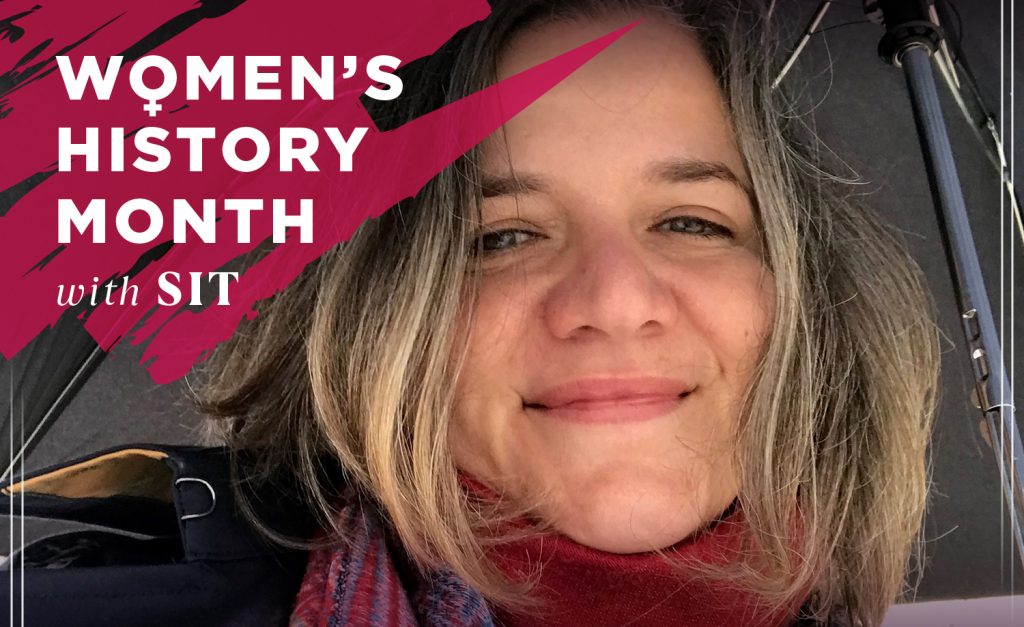Jana Byars: Historian
March 5th, 2020
The Netherlands: Sexuality and Gender in an International Perspective
During Women's History Month, SIT is spotlighting some of our extraordinary academic and program directors across the globe who are making history today through their thinking, their words, and their actions.

What’s your academic discipline and what inspired you to pursue it?
My Ph.D. is in Early Modern European History. Weird as this sounds, when I was a kid, my mom and I traveled a great deal and we always visited graveyards. We would read the tombstones and try to imagine what the lives of these people were like. We would stumble on something like an Irish man, born in Galway, who died alone in Washington state, and wonder what had led that man so far from home.
I remember, particularly, a family plot where dad and five children had all died within days of each other. Mom had lived for another 50 lonely years before joining her family in the ground. My mom and I, so pleased to be alive, cried for that poor woman whose family was carried away by an epidemic, but had to soldier on by herself for so long after. So, I’ve always been obsessed with the past, but not as a place of great battles and kings, but rather as a place where people lived, loved, and died.
Who is your hero and why do you admire her?
There are so many women who have and continue to inspire me. It is too hard to pick just one. I’ve always loved Mary Harris “Mother” Jones, who very famously said, “Pray for the dead, but fight like hell for the living” as she was organizing for miner’s rights.
Sybil Ludington -- who rode twice as far as Paul Revere warning the colonists about the arrival of the English, but was written right out of history -- reminds me that women always have to work twice as hard as men and better be doing it for the satisfaction alone.
Fatima el Fihria founded the first university in the world in Fes. Obviously, I love her. But in my deepest heart, if I have to pick just one, I choose Marina Ginesta. She was French and travelled to Spain to fight the fascists. I want always to have that kind of conviction and, if necessary, the bloody power to go do something about it. She also looked fabulous with her rifle strapped on her back.
Why do you teach?
Once in a while you get shown the light in the strangest of places if you look at it right. These students continually surprise and delight me.
What advice would you offer young women?
Go! Do it! See the world! Be smart and bold! Act with the confidence of a mediocre white man. And never forget that you have to work twice as hard; but at least you will know that you are twice as good.
When you go down in history, what do you want to be known for?
